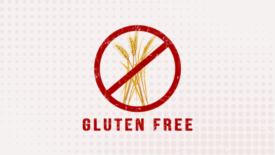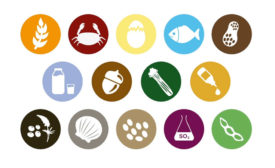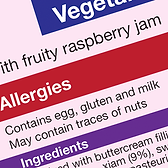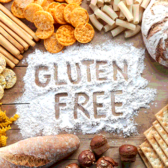Allergens
Anatomy of Food Allergen Recalls
While food allergen recalls are unwelcome, potentially valuable lessons can be learned from these events
February 22, 2022
Never miss the latest news and trends driving the food safety industry
eNewsletter | Website | eMagazine
JOIN TODAY!Copyright ©2024. All Rights Reserved BNP Media.
Design, CMS, Hosting & Web Development :: ePublishing









